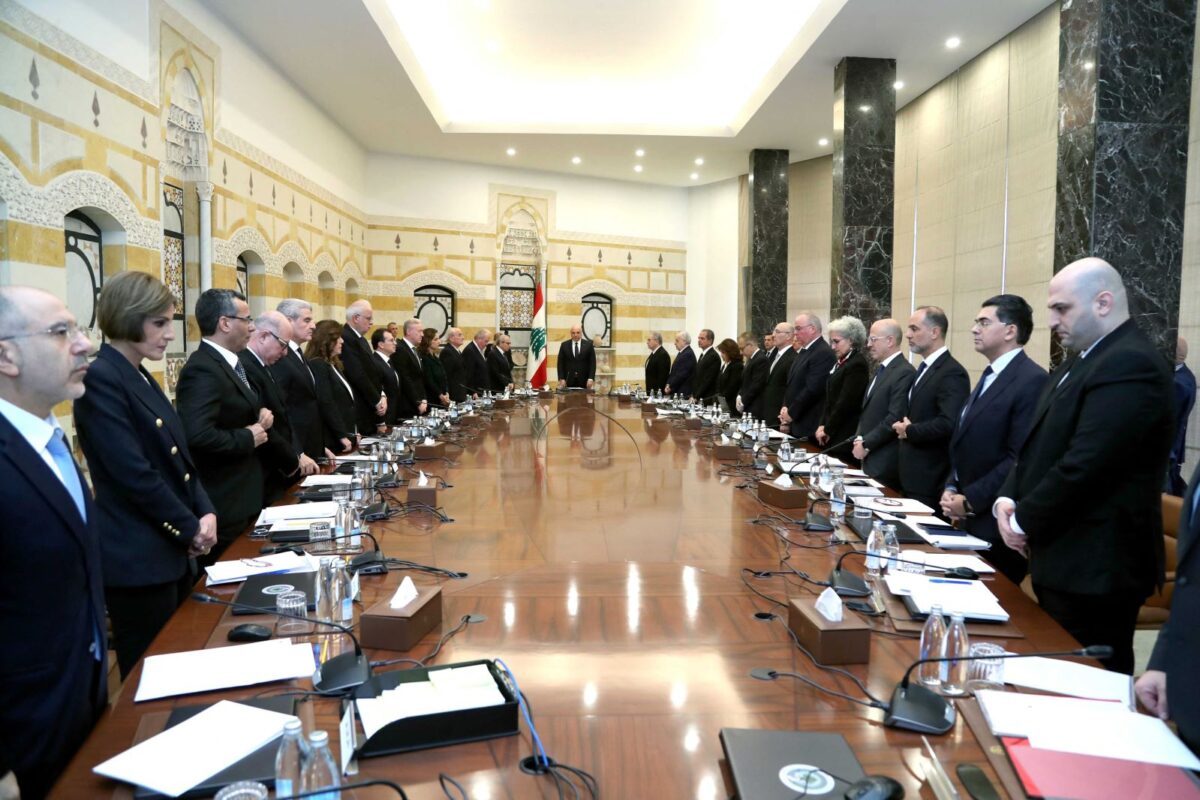
Why Electoral Changes Are a Convenient Distraction
Lebanon is once again being dragged into a manufactured debate, one that conveniently shifts the conversation away from the real crises facing the country. Over the past week, electoral reform has suddenly become a hot topic in Parliament, with multiple proposals flooding the legislative process. Some suggest making Lebanon a single electoral district, others push for a “one person, one vote” system, while some call for the long-promised establishment of a Senate. On the surface, these discussions might seem like progress, yet, in reality, they serve a far more cynical purpose.
The Lebanese state has never been weaker. Its borders remain unsecured, with armed groups launching missiles at will. Its economy is in freefall, with no real financial recovery plan beyond superficial austerity measures. Its governing institutions are paralyzed, unable to implement even the most basic security and financial reforms. But rather than addressing these urgent crises, political elites have decided that now is the time to discuss how parliamentary seats should be allocated.
Deflecting From the Real Crisis
The timing of these electoral proposals is anything but innocent. For months, the central question in Lebanon has been sovereignty: who controls the country? The government’s ministerial statement was clear: the Lebanese state, not any non-state actor, is the sole authority responsible for national defense. This was supposed to be a turning point; an opportunity to finally begin the process of reclaiming full state control.
Yet, just as this conversation was beginning to take shape, Parliament was flooded with competing electoral reform proposals. Suddenly, the focus is no longer on Hezbollah’s weapons, border control, or financial accountability. Instead, we are being asked to debate whether Lebanon should have a Senate, whether preferential votes should be one or two, and whether the electoral law should be rewritten entirely.
This shift is not accidental. It is a deliberate attempt to deflect from the real battle: who governs Lebanon? Rather than dealing with Hezbollah’s unchecked military power, its allies are redirecting the conversation toward structural and constitutional debates that will take months—if not years—to resolve.
Who Benefits From This Distraction?
The most vocal proponents of immediate electoral reform are not reformists. They are political actors who have everything to lose from real change, yet everything to gain from controlling how that change unfolds. The push for a Senate, for example, is not about improving governance; it is about creating a new layer of sectarian power-sharing that would further entrench the status quo. The proposal to make Lebanon a single electoral district is not about national unity, it is about manipulating representation in ways that preserve existing political monopolies.
These figures are not trying to build a better Lebanon. Instead, they are trying to survive in the one they have created. By shifting the debate to electoral law, they keep the system intact, while making it appear as though reform is taking place.
What Lebanon Actually Needs
The true path to reform does not begin with parliamentary seat allocations or preferential voting mechanisms. It begins with securing the country, fixing the economy, and building trust among its people. Without these foundational steps, any electoral reform will be cosmetic at best, deceptive at worst.
Lebanon’s first priority must be security and financial reform. The government must establish full control over national defense, ensuring that the army—not militias—has the exclusive right to protect the country. It must also hold financial criminals accountable, including the banks and institutions that facilitated the country’s economic collapse.
Once these structural issues are addressed, Lebanon can move toward a real reconciliation process. One that is not just about sharing power, but about building trust. Decades of sectarian divisions, political violence, and institutionalized corruption have left Lebanon deeply fragmented. Any long-term solution must include a comprehensive reconciliation effort, where communities engage in dialogue about what kind of country they want to build together.
Only after these steps are taken does it make sense to revisit constitutional reforms. At that stage, Lebanon can have an honest conversation about whether it wants to transition into a non-sectarian state, whether it needs a Senate, and what kind of electoral law can best serve its people. But until then, any attempt to change the political system without addressing its root problems is nothing more than a power game.
Ramzi Abou Ismail is a Political Psychologist and Senior Research Fellow at the Institute for Social Justice and Conflict Resolution at the Lebanese American University.
The views in this story reflect those of the author alone and do not necessarily reflect the beliefs of NOW








